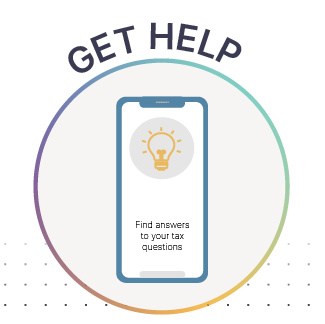Apply or Renew Online
The online application process on the IRS’s Tax Professional PTIN System takes around 15 minutes. If you don’t have an account, you’ll need to create one.
The application will ask for personal and business information. If you’re renewing your PTIN, it will review answers you provided last year. Please edit as appropriate.
If you apply online, you’ll generally get your PTIN immediately after you complete the application.
Note: PTINs are issued for a specific calendar year. A current year PTIN refers to a PTIN for the current calendar year while next year refers to a PTIN for the upcoming calendar year. PTIN applications for the upcoming year can be submitted beginning in mid-October each year.
Apply by Mail
Mailed applications take about four to six weeks to process.
Fill out IRS Form W-12, IRS Paid Preparer Tax Identification Number (PTIN) Application and Renewal.
Note: All PTIN correspondence is delivered through secure online messaging in your PTIN account. Use the most up-to-date email address when obtaining your PTIN to be sure you get all messages.
Whether applying for a PTIN for the first time or renewing your PTIN, you will need to pay the applicable application fee. The fee is a processing fee and is nonrefundable.









